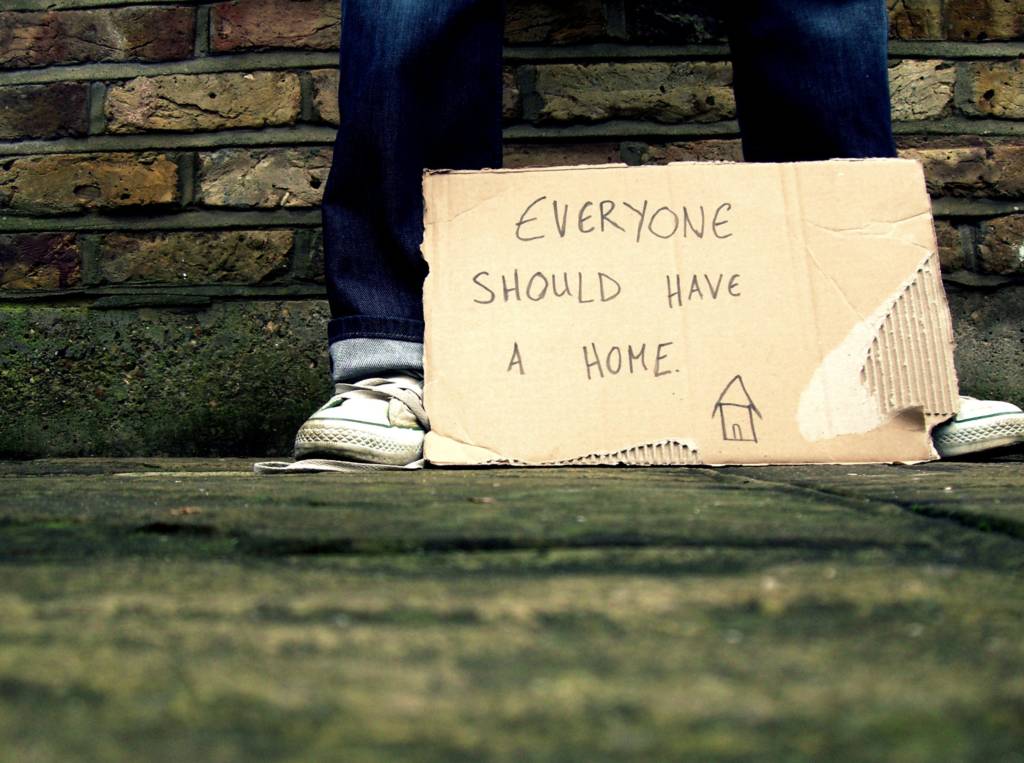The Community Foundation, a non-profit that describes itself as a “hub for philanthropy,” held a panel on June 30 to discuss youth homelessness. The panel included policy makers, advocates, and youth that are currently experiencing homelessness or were homeless in the past.
The Department of Housing and Urban Development (HUD) point in time (PIT) survey, which aims to count all homeless people across the nation, began including homeless and unaccompanied youth as a separate category in the most recent PIT count. Though this survey is conducted as perfectly as possible, HUD acknowledges that some people are not counted. On the night of the January, 2014, PIT count, there were 194,302 homeless and unaccompanied youth were counted on the street, nationwide.
The five youth on the June 30 panel described how they became homeless, and for all of them it was family struggle. Problems at home included parental mental health, conflict with parents, and abuse within the home. All youth felt as if being without shelter was better than being in their current living situation.
“I was sexually abused from ages 14-17. Eventually, that led to my stepfather kicking me out of the house,” Jasmine Williams, HIV tester at Sasha Bruce and formerly homeless youth, said.
These youth had a wide variety of backgrounds, different education levels, and different futures in front of them. However, when faced with the question of “how would you address the problem of youth homelessness with unlimited funding?” their answers were all very similar.
“I would invest in more jobs for youth, and provide guidance counselors to help youth manage their money and make investments,” Justin Strange, homeless youth, said.
A young woman said that she would provide more clarity in resources available to youth. She believes that Sasha Bruce truly helped her, and could have helped her earlier, had she known about them.
More housing, and low income housing was another popular solution that the youth shared.
At the non-profit level, the advocates agreed with the youth, and shared some legislation that they or their groups had sponsored that was the first step in helping the youth.
D.C. Alliance of Youth Advocates (DCAYA) is working on a new project for intergenerational housing that is a community based housing where youth can interact with people who are much older and live in the same building, Maggie Riden, Executive Director of DCAYA said.
All the advocates stated that their resources are, unfortunately, limited.
“I think that the greatest challenge is that we know what to do, we know what works, we have great outcomes, we have a lot of knowledge and learning, but we don’t have the resources to do all those things,” said Debbie Shore, founder and executive director of Sasha Bruce Youth work.








